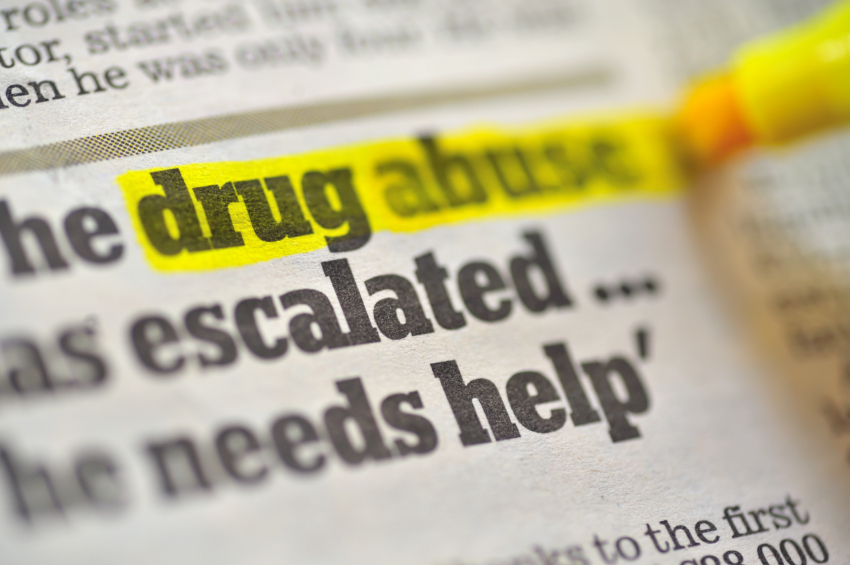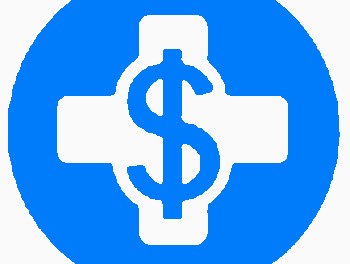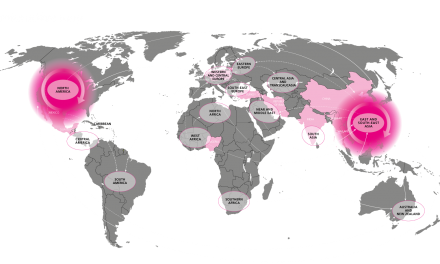Public Overconfidence
Everybody knows that certain substances can be abused, and certain classes of drugs are quite addictive. That’s definitely our experience with morphine and heroin and cocaine and the amphetamines. That doesn’t mean that every user develops a substance use disorder– most don’t– but the potential is certainly there. Knowing that, why do we ‘forget’ the lessons of the last epidemic, long enough to start another?
Sometimes science helps to mislead us. Take the prescription painkiller epidemic. That stemmed from a campaign to address the alleged undertreatment of chronic pain.
Chronic (noncancer) pain is a unique beast. The term refers to pain that persists beyond an injury or illness, suggesting something amiss with the body’s warning system. Pain of this type is a known trigger for depression and other psychological symptoms. It can be a real obstacle for the patient.
A movement started within the healthcare community in the 1990’s to increase the use of opioid medications in treatment of noncancer pain. That meant the introduction of more potent preparations such as Oxycontin. State medical boards and the major hospital accreditation bodies jumped on the bandwagon with recommendations to relax controls on opioid prescriptions. Not surprisingly, pain patients were eager for the promise of relief. Big Pharma wasn’t about to turn down the extra revenue, and began its own high-profile marketing campaign.
Problem: The science behind this change was never very sound. Doctors were advised that when prescribed by a physician, the chances of abuse or addiction to opioids was quite small. That’s not true, but that message carried the day, at least long enough to flood the market.
Then came the overdoses– unintended, frequently fatal, often in combination with other drugs or alcohol. Then came additional research suggesting that perhaps long-term use of opioids wasn’t the best approach for chronic pain, and might in fact be making things worse, in the form of hyperalgesia– an increased sensitivity to pain.
Translation: We might have been making things more difficult for the patients we wanted to help. This is not unknown in healthcare.
On reflection, it really wasn’t so different from the misinformation that once dominated our media portrayal of cocaine. Experts helped lead us astray then, too.













